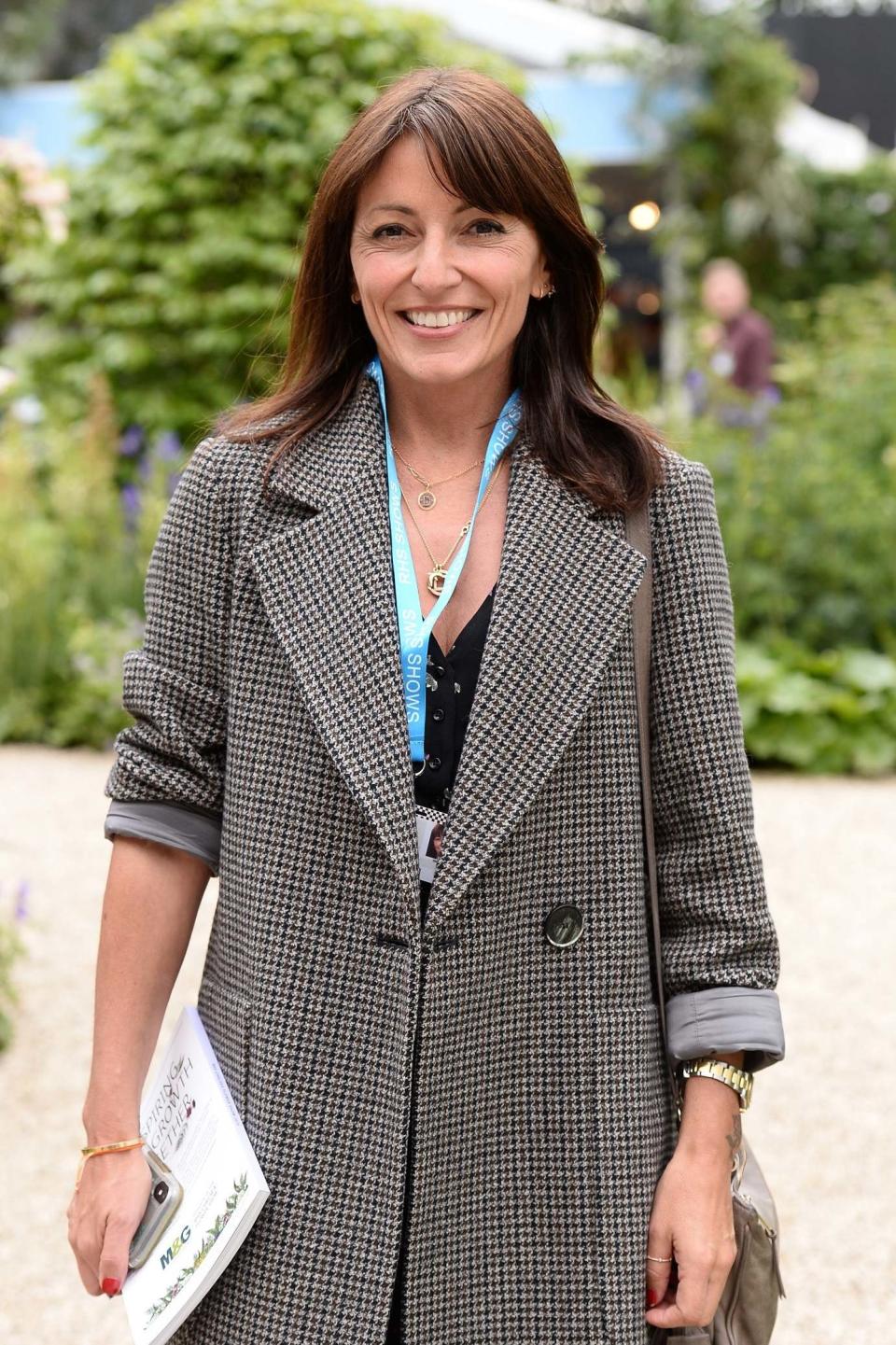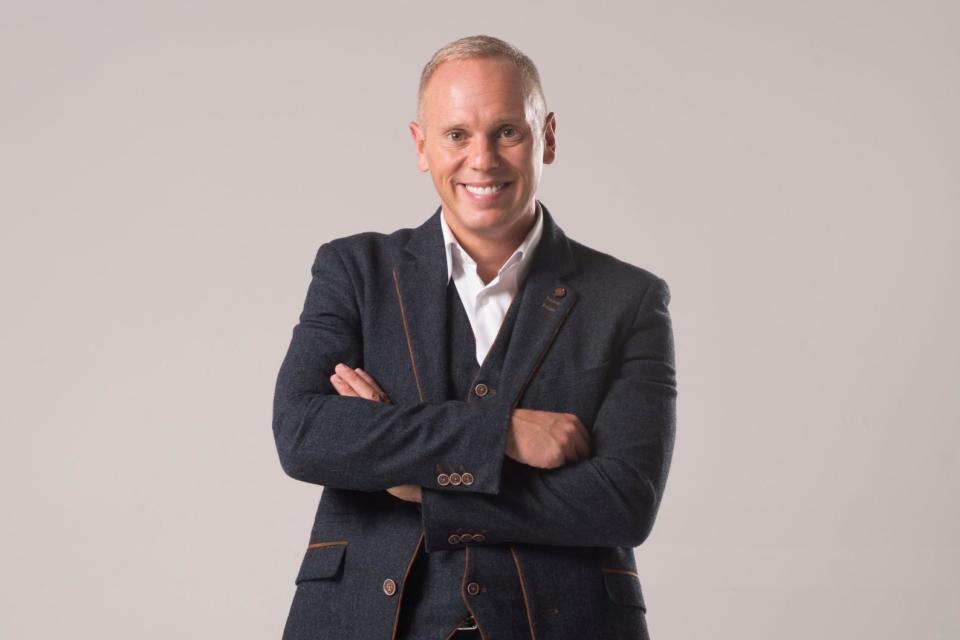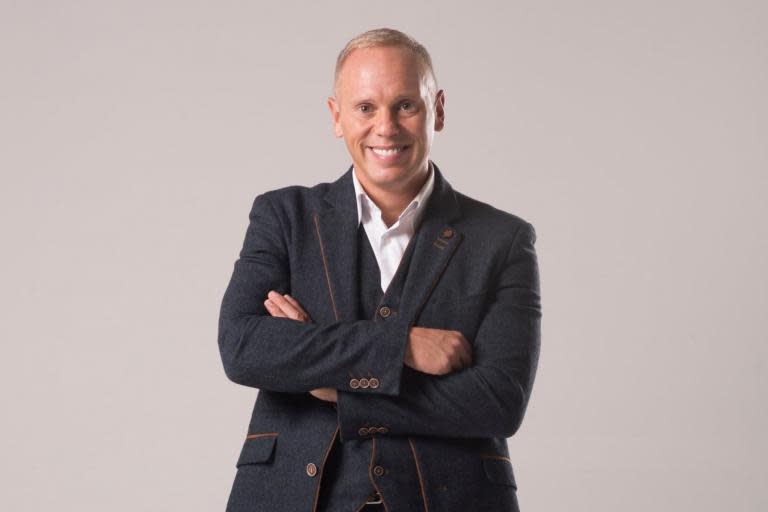Say what you like about Jeremy Kyle and his show but he has personally saved dozens of addicts
I often disagree with friends. I am the first to offer a contrary political opinion, or tell you that you can’t wear an orange jumpsuit with those shoes. Disagreement can be healthy. And so I know many of you won’t agree with me when I say that I was disappointed by the decision to cancel The Jeremy Kyle Show.
I have a hippie aunt (the type who would have demanded a non-dairy-vegan option if she had been at the Last Supper). She called me and gloated on the day the show was canned. “I never liked it,” she said. “I mean, I hardly ever watched it.” Like many armchair commentators who claim never to have seen the programme, I thought it best not to go into her assessment of Kyle’s guests as a “feral underclass” (lifted directly from The Guardian).
I knew I would never persuade her that the people she was referring to were struggling with the same issues that permeate all corners of society, that the difference between her and them was that they lacked the financial means or the resources to turn their lives around.
Whatever you (or my aunt) think of the show is irrelevant. It is dead now. I will not persuade her or anyone else who hated it to say anything kind but it would be wrong to allow the good that Kyle’s programme did to be interred with its bones. The show did something we should all agree was genuinely valuable. It gave scores of drug addicts the chance of recovery: people who would now be in prison, hospital or worse without the help the show provided.
Residential rehab is so prohibitively expensive that it has become the domain of rock stars’ offspring and “tired and emotional” celebrities. Kyle funded long-term stays in these expensive, effective facilities for more than 100 members of the public.
Only this February, the transformation of now ex-heroin addict Kristie was plastered all over the news, following her own Kyle-funded stay at PCP, a “life-saving alcohol and drug detox and rehab treatment of exceptional quality”. On their website, in answer to an FAQ about NHS funding for treatment, PCP states: “While this service is still available at present, it is extremely limited.” While rehab should not be a luxury, it is. Daniella Westbrook has unequivocally stated that Kyle saved her life through her three-month stay at PCP.
When I was a barrister, drug addiction was the cause of nearly all my cases — especially with repeat offenders. Residential care was a myth as far as my clients were concerned. Their families and the probation service could see that rehab was the only viable solution but there was no way to fund it. Prison was the only, unsatisfactory alternative.
"Kyle was a last-chance saloon for many struggling with addiction, while the rest of society just stood by"
Nearly two decades on and the situation is even worse. Thus it is that real, suffering people would turn to Jeremy Kyle as their only hope of gaining treatment for a loved one. Kyle was a last-chance saloon for many struggling with addiction, providing actual treatment while the rest of society just stood by.
Until we find a way to provide care for the most vulnerable people, we have no right to cast aspersions on anybody trying to turn their lives around. And we should remember that, whatever its faults, Kyle’s shows did some good — even if my aunt remains unconvinced.
So why can’t cartoons turn you straight?
This week Alabama Public Television refused to broadcast a children’s cartoon that depicted a same-sex wedding. The justification of the network was that children “younger than the target audience might watch without parental knowledge”.
I wonder what the head of the Alabama network thought might happen if a child saw the show. Perhaps they would get ideas? Animated aardvarks getting married can make you gay (who knew?). Apparently Tinky-Winky of the Teletubbies was a closeted gay character covertly influencing the young to become homosexual.
I have always wondered whether people such as the network chief think this messaging can work in the opposite direction: if cartoons can make you gay, why can’t they make you straight? When I was young I was a huge fan of She-Ra, my favourite Thundercat was Cheetara and Daphne was my Scooby Doo idol.
All these women were depicted as scantily/prettily clad and were always falling for a man (or a panther or a bloke with Seventies hair and a sword). Despite these characters flaunting their heterosexuality, it had little effect on me. Maybe watching a bit more Wonder Woman would have done the trick?

*You can tell a lot about what a celebrity is really like by what TV crews say about them. You will struggle to find anybody who has worked with Davina McCall who isn’t gushing about her. She is polite, caring and loved by colleagues. She has had a very challenging time, too, especially her divorce from husband of 17 years Matthew Robertson. She has managed all this with grace, charm and mindfulness, so I hope that the rumours she has found new love are true. She’s one of the all too few people in the public eye who deserve every happiness.

 Yahoo News
Yahoo News 


